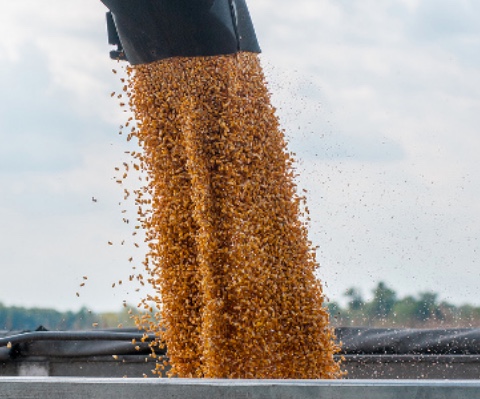COLUMBIA CITY, Ind. — The Purdue Crop Performance Program (PCPP) annual Corn and Soybean Performance Trial Bulletin was recently posted online. The corn and soybean results are compiled from the 2018 growing season. Phil Devillez, program director, reported that over 40 trial results were collected from 13 test locations across Indiana. The PCPP is designed to help farmers and other agriculturalist compare crop data across Indiana.

The Purdue Crop Performance Program is designed to help farmers and other agriculturalist compare crop data across Indiana and the surrounding states. (USDA photo by Lance Cheung via Flickr)
The Purdue Crop Performance Program is designed to help farmers and other agriculturalist compare crop data across Indiana and the surrounding states. “What makes this program unique is the multi-state corn or soybean databases,” said Devillez. “The databases are a tool used to effectively search and compare crop test results.” The databases are distinctive to Purdue University with results from The Ohio State University, Michigan State University, University of Kentucky and the University of Illinois.
For purposes of the report, the state is split into three regions, North, Central and South. In the north and central regions early, mid and late tests were established based on appropriate maturities. The tests established in the south were early and late.
Another feature of the report is a 2018 Indiana Rainfall Summary, including April through September rainfall totals in various regions, all compared to a 30-year average. For example, at the Columbia City data collection point, the April through September total in 2018 was 17.05 inches, compared with the 30-year average of 21.10 inches. Other northern Indiana data collection sites received from 20.23 to 22.21 inches in 2018 during the same time period.
In evaluating Indiana data, there are approximately 20 corn and 20 soybean companies that are partnered with the program and over 200 corn hybrids and 180 soybean varieties evaluated each year. Each year a corn and soybean bulletin is designed to describe this data. If you are interested in joining Purdue’s program or have questions contact Phil Devillez, program director.
Find the report at PCPP’s website: https://ag.purdue.edu/agry/PCPP/Pages/default.aspx.


